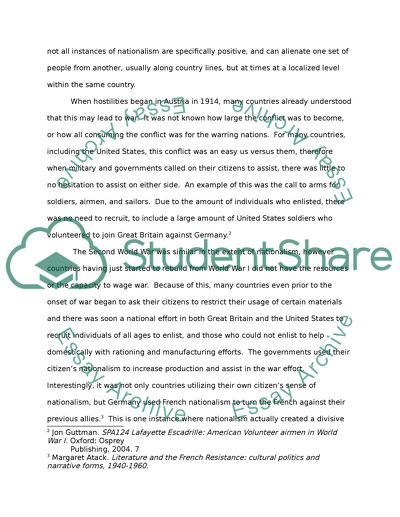Cite this document
(“Nationalism Essay Example | Topics and Well Written Essays - 1250 words”, n.d.)
Retrieved de https://studentshare.org/politics/1455524-nationalism
Retrieved de https://studentshare.org/politics/1455524-nationalism
(Nationalism Essay Example | Topics and Well Written Essays - 1250 Words)
https://studentshare.org/politics/1455524-nationalism.
https://studentshare.org/politics/1455524-nationalism.
“Nationalism Essay Example | Topics and Well Written Essays - 1250 Words”, n.d. https://studentshare.org/politics/1455524-nationalism.


